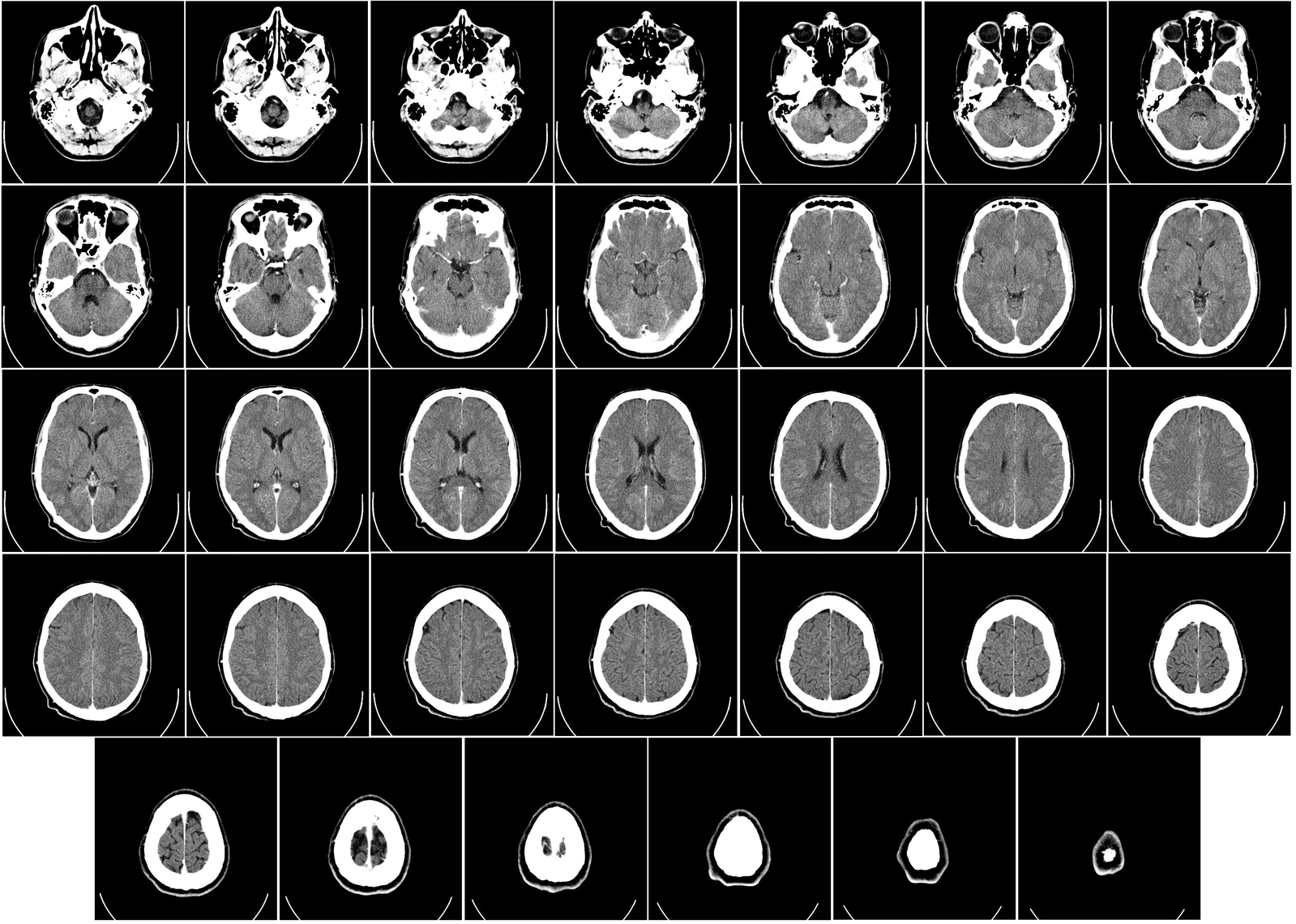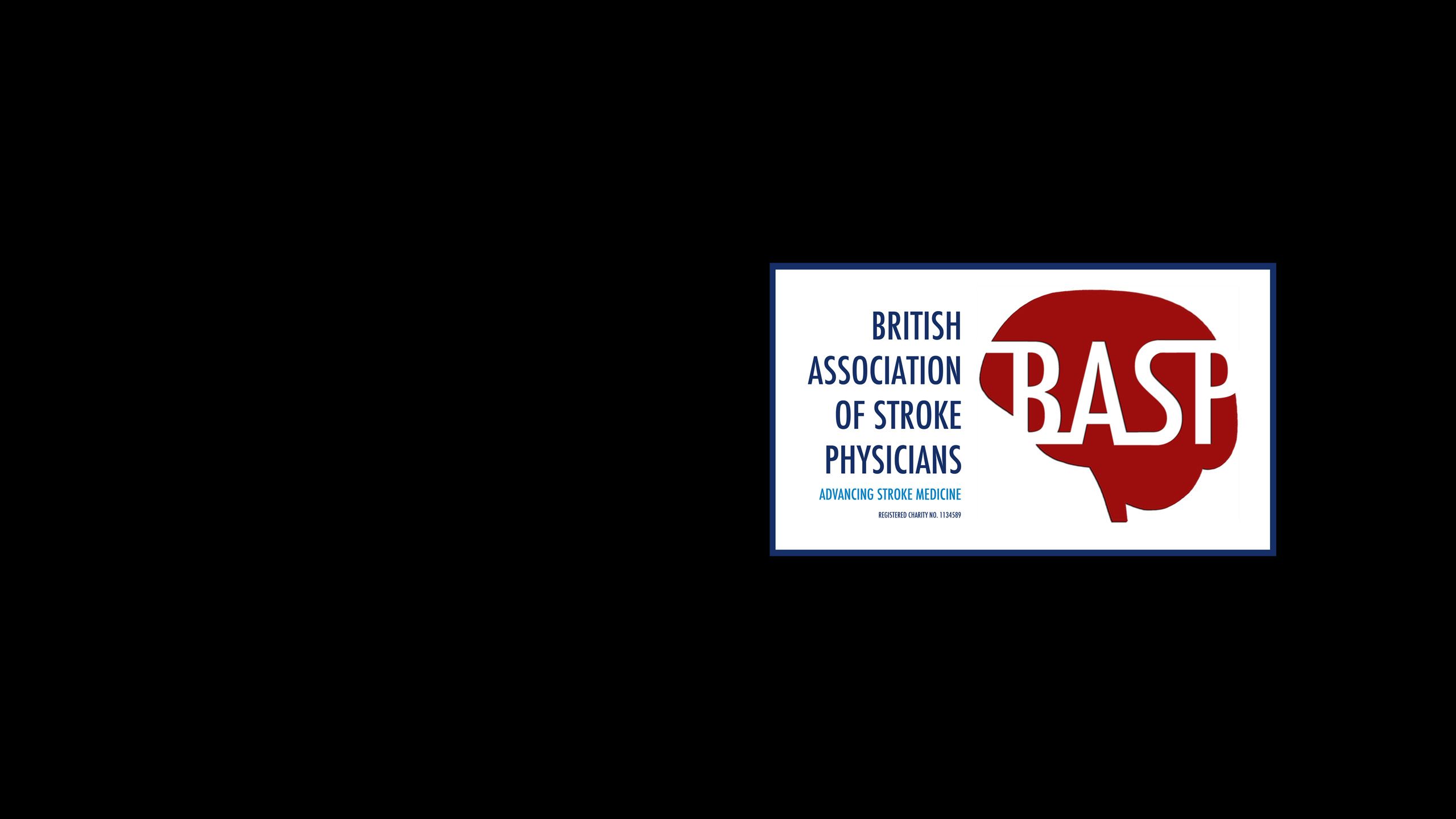Revolutions in stroke medicine
Professor Gillian Mead (1982)
President Elect, British Association of Stroke Physicians, 2020-21

I matriculated in Medical Sciences in 1982. I was one of the lucky students to have been taught by Dr Gordon Wright (1918-2019), who was a Fellow at Clare for more than six decades. ‘Doc Wright’, as he was known to us, was an inspirational tutor. His neuroanatomy tutorials laid the foundations of my interest in neuroscience and stroke medicine. In 1996, I obtained my MD from the University of Cambridge for a thesis entitled ‘Carotid Disease in Acute Stroke’. I completed my training in stroke and elderly care medicine in Edinburgh and was appointed as a senior lecturer and consultant in 2000. It was a pleasure to see Gordon again at his 90th birthday party; he still remembered me!
Stroke medicine has undergone a revolution in the last few years. At Addenbrooke’s Hospital in 1988, stroke patients were admitted to general medical wards, there were no specific stroke treatments available and there was very little stroke-
specific rehabilitation. Nowadays we have specialist stroke units, several hyperacute treatments to unblock arteries in the brain, several effective ways to prevent further strokes, and specialised rehabilitation. These changes have been driven by clinical research. But there is much more that we need to do to improve stroke care.
The British Association of Stroke Physicians aims to promote better care for people with stroke in the UK by influencing local and national policy, leading on clinical standards, promoting and disseminating research, and improving and assuring training of doctors in stroke medicine; all of which is crucial during the COVID-19 pandemic.
The improvements in stroke care over the last few years mean that fewer people die from stroke. But stroke survivors can be left with long-standing physical disability, and also ‘hidden’ problems such as pain, fatigue, depression, anxiety and loss of confidence. My research at University of Edinburgh is seeking ways to improve long-term quality of life and to address these ‘hidden’ problems. I do this by performing observational studies, large clinical trials, and by collating evidence from previous trials using a statistical technique known as ‘meta-analysis’. For example, my team’s work has shown that physical fitness training after stroke reduces disability and this work underpinned the development of community exercise after stroke services throughout the UK. In 2016, it was an honour to be awarded the William Farr Medal from the Worshipful Society of Apothecaries of London.
It is an immense privilege to have studied at Clare and then to develop a clinical academic career. I would encourage any aspiring young doctor who wants a fulfilling, varied and intellectually stimulating career to consider stroke and elderly care medicine. For myself, I am relishing the opportunity to serve as President Elect and then President of the British Association of Stroke Physicians. And, of course, over the next few weeks and months, I will be spending much of my time in the fight against COVID-19.
Professor Gillian Mead
MA MB BChir MD MRCP FRCP (Edin) FESO






